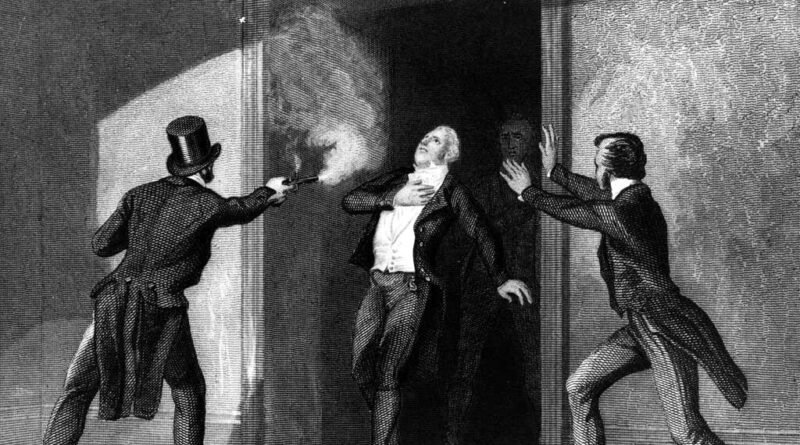The Political Murder of British PM Spencer Perceval: Unraveling the Assassination
Commentary
One of the biggest challenges in upholding a stable democracy is preventing the assassination of political leaders.
In Latin American and Caribbean countries known for their heightened political tensions, presidents and reformers are tragically killed on a regular basis. The most recent case being the murder of Haitian president Jovenel Moïse in his own home in 2021. Four Lebanese prime ministers met a similar fate between 1982 and 2005, with three of them falling victim to car bombs.
In Asia, attacks on politicians are not uncommon. For instance, Mahatma Gandhi was assassinated in India in 1948, followed by the murders of Indira Gandhi and her son Rajiv in 1984 and 1989 respectively. The president of Bangladesh was killed by army officers in 1981, while Pakistan lost two prime ministers to violent acts: Liaquat Ali Khan in 1951 and Benazir Bhutto in 2007.
The English-speaking world has a varied history of political assassinations. While generally less prevalent, the Anglosphere is not immune. The United States, for example, has experienced the assassinations of presidents Lincoln, Garfield, McKinley, and Kennedy, along with several other officials. On the other hand, Canada has seen only two political assassinations, with one of them being francophone. Australia and New Zealand have had minimal instances of such tragic events.
Except for one notable exception.
In 1812, Spencer Perceval served as the British Prime Minister, known for his strong stance against Napoleonic France and the slave trade. His unpopular measures to fund the war had made him a target for public discontent. On the evening of May 11, as Perceval entered the House of Commons lobby, he was shot by a man, resulting in fatal wounds. He was rushed to the Speaker’s office where he succumbed to his injuries.
Perceval’s assassin, John Bellingham, was a failed English businessman who had been imprisoned in Russia over a debt dispute. Feeling ignored by British authorities upon his return, he harbored a grudge against the prime minister. After purchasing pistols, he carried out the attack. Despite public support for Bellingham, the government suspected a conspiracy, leading to increased security measures and a swift trial.
Bellingham’s defense relied on a plea of insanity, although his composed demeanor worked against him. He was quickly found guilty and sentenced to death. His execution took place a few days later on May 18, leaving behind a family. Following his death, Bellingham’s body was sent for medical dissection as per customary practice.
Views expressed in this article are opinions of the author and do not necessarily reflect the views of The Epoch Times.





